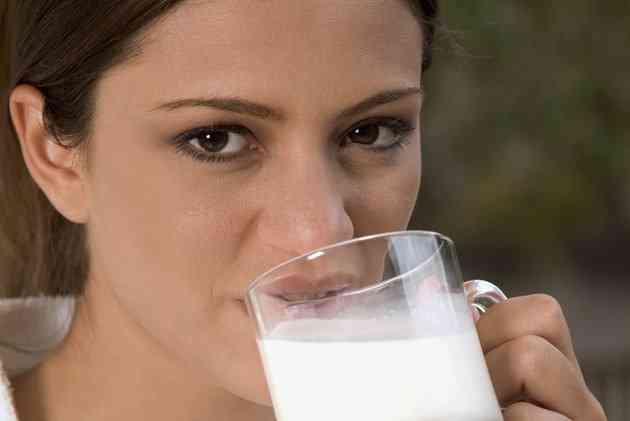Drinking Tea With Asthma

Asthma is a chronic inflammatory disease in which the bronchial airways constrict causing shortness of breath, wheezing, coughing and chest tightness. Generally, asthmatics will exhibit sensitivity to environmental factors, such as pollution, animal dander, smoke and exercise. Depending on the severity of the disease, some people may only have a few attacks during a period of time, while others must use a daily preventative. Although the main course of treatment of asthma is inhaled bronchodilators and corticosteroids, drinking certain teas may help to prevent an attack. Never use tea in place of a fast-acting inhaler and always consult your physician prior to taking any herbal remedy.

Step 1
Brew 1 tsp. of gingko leaves with 1 cup of water. Inhale the steam while drinking your tea. Gingko has a longstanding use in Chinese medicine for treating asthma and bronchitis. According to an August 2007 published in the "Journal of Huazhong University of Science and Technology Medical School," the bronchial pathways in asthmatics markedly improved by inhaling a combination of gingko biloba extract and fluticasone, a commonly used corticosteroid.
Step 2
Drink tea varieties containing caffeine, such as black, green or stash tea. According to a January 2010 study published in "Cochrane Database of Systematic Reviews," caffeine can improve airway function for up to four hours in asthmatics.
Step 3
Use traditional Chinese herbs to make tea, such as ding-chuan-tang, which may decrease inflammation and alleviate bronchospasms, according to the Cleveland Clinic. A February 2004 study published in "Immunopharmacology and Immuotoxicology," the antiasthmatic effect of ding-chaun-tang is due to the inhibition of eosinophil, which dilates the bronchial passageways.
Step 4
Avoid eucalyptus tea, which may trigger an asthma attack due to its pungent aroma, the University of Maryland Medical Center says.
Tip
Talk with your physician before drinking any herbal tea as some herbs may irritate the bronchial airways and trigger an attack.
Warning
Never use an herbal tea in place of your fast-acting inhaler.




